★★★★★ | Perry damn good

PERRY MASON, the new show from Susan Downey and Robert Downey Jr., is set in 1930s Los Angeles, but could just as easily take place today. It poignantly attacks systematic oppression, the thin blue line, and religious fanaticism in an era of economic distress, forcing viewers to confront just how little we’ve progressed in almost a century.
Mason (a brilliant Matthew Rhys) is a small-time private investigator working for a has-been lawyer in a dead-end agency. Traumatized by his time in the war, he delves into the sordid world beneath the glitz of LA proper while drinking his nights away into oblivion. If there’s a bottom in life he’s reached it multiple times over.
The only company he keeps are his one-time mentor, E.B. Jonathan (John Lithgow), associate Della Street (Juliet Rylance), and fellow gumshoe Pete Strickland (Shea Whigham). Not to mention his volatile romance with a local pilot, Lupe, played strikingly by Veronica Falcón.
As a crew, they couldn’t be further from the top. Jonathan is barely hanging on to a world leaving him behind, while Street can’t even get her foot in the door because of her gender. Strickland is a brilliant detective who’d rather chase his vices than criminals. Their glue, for better or worse, is Mason, who they know used to be brilliant in another life. Like him, they’ve all slipped at some point and society has made every effort to walk over them since then.
This daily routine is put to an end by the murder of an infant that is so grizzly it halts normality in the sprawling city entirely. As a visual it’s so horrific it nearly topples the very first minutes of the entire show. But it also sets up expectations accordingly: this is no longer the dapper and suave PERRY MASON of the past. Instead, much more truer to its time, the world is just as cruel and banal as it is today, only better hidden.
This extends to our protagonist as well. He’s mostly seen during evening hours and always in some dark alley or room where light can’t reach. Mason sees the world for what it is and the temptation to look away is greater by the day. Leaving him so burnt out by the society he longs to uphold that he flagellates himself with alcohol and violence just to keep going.
Over the next eight hours, he dives deep into the murky waters of Angelino politics, faith, and money that runs the corrupt city. And in the style of every great noir mystery, nothing is as it seems on the surface. Every revelation invites more questions, and every question leads down a dangerous rabbit hole best left unexplored.
To say the series is timely would indicate that it was designed for the present day, yet it’s as accurate a depiction of the 1930s as it is of the 2010s. It’s a damning indictment best left on the table without elaboration.
This is a handsomely presented, superbly acted, and mostly well-written production of the highest caliber. It takes material that, while timeless in theme, is arguably dated in presentation and improves on it where necessary. There is no contrived blossoming love between Mason and Street as there once was, allowing instead for the hugely talented Rylance to explore a complex role at length.
One of the numerous subplots sees people searching for meaning during The Great Depression; a time when America saw the birth of numerous evangelical movements all over the country. Many of these were snake oil salesmen, praying on the weak and downtrodden in hopes of ridding them of what little they had. Some even saw themselves turned into hugely profitable businesses that continue to this day. Turning a cynical eye to the world of redemption for a price, the series offers a more mature and interesting take on the same archetypes explored in PENNY DREADFUL earlier this spring.
It’s thanks to Tatiana Maslany, playing Sister Alice, that the series is never dumb, even when it’s blunt, in depicting the resurgence of extremism within the religious community. Those who saw Maslany’s masterful leading turn in ORPHAN BLACK will not be surprised to hear that she’s hypnotic every second she’s on screen. Her relationship with Emily Dodson (a luminous Gayle Rankin) is the beating heart of the first season. Rankin in turn takes a part we’ve seen in endless amounts of procedural dramas and infuses it with immense soul.
But the most interesting change is reserved for Paul Drake, known from the books as Mason’s sidekick; a no-frills nondescript white man who was mostly there to make his partner look good. He is now played by Chris Chalk (terrific as Gary Cooper in THE NEWSROOM and Yusuf Salaam in WHEN THEY SEE US) as a black police officer in a city fueled by racism. Chalk is magnificent in a part that couldn’t be more complicated for a show airing at this time. It’s a nuanced, multilayered performance that refuses to let the audience off easy at any turn.
Not everything is as graceful. Some revelations trip over themselves in a hurry to be more clever than they actually are, and there’s a surprising lack of conviction towards the end to actually condemn anything of note. The blue line of protection, ensuring that police have each others’ backs even amidst the worst of crimes, is referenced often, but never fully called out for the atrocity it is. A lot of this is the groundwork for what will hopefully be a long-lasting series, but a stronger conviction never hurt anyone.
There’s also an unfortunate visual shorthand that ensures that anyone who’s a villain clearly and almost comically looks like one. For example, even at his drunkest and most desperate, Mason is never anything less than carefully put together in his romanticized debauchery. Compare that to the lead prosecutor (a deliciously hammy Stephen Root) and his perpetually flushed cheeks, oily hair, and wide accent and you begin to see the problem. It’s the kind of necessity required for audiences to keep up in a series with dozens of speaking parts, yet one can’t help but dream of something more progressive.
It could also be argued that the faith the series places in the American justice system feels quaint. Even as it undercuts a lot of that with impeccable barbs and black humor regarding the process, PERRY MASON can’t help but believe that in the end, some kind of justice will prevail. But as both the past and present have shown us, that’s never been the case for equality, and justice has never been for all. How the series treats that understanding in the future remains a case more interesting than the iconic investigator-turned-lawyer has yet to solve.




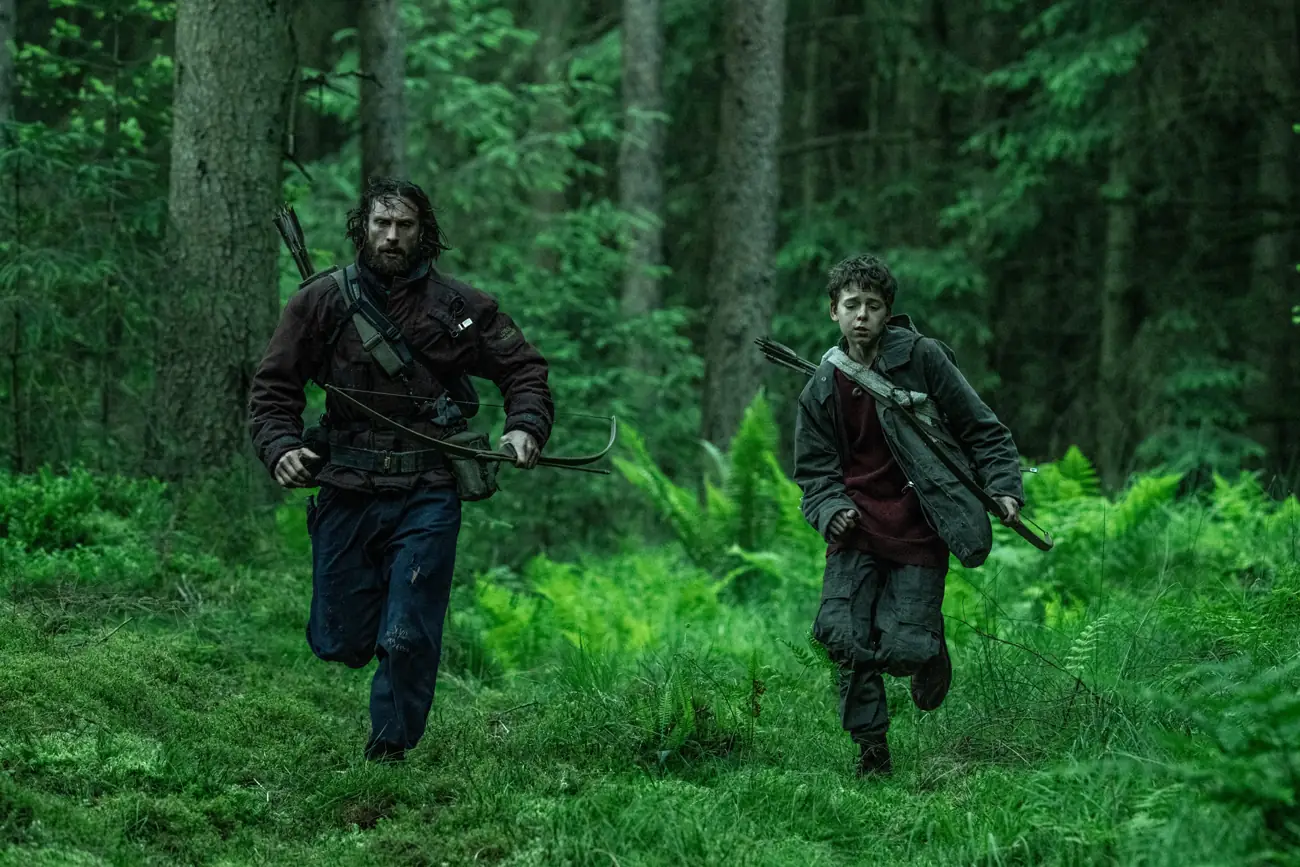
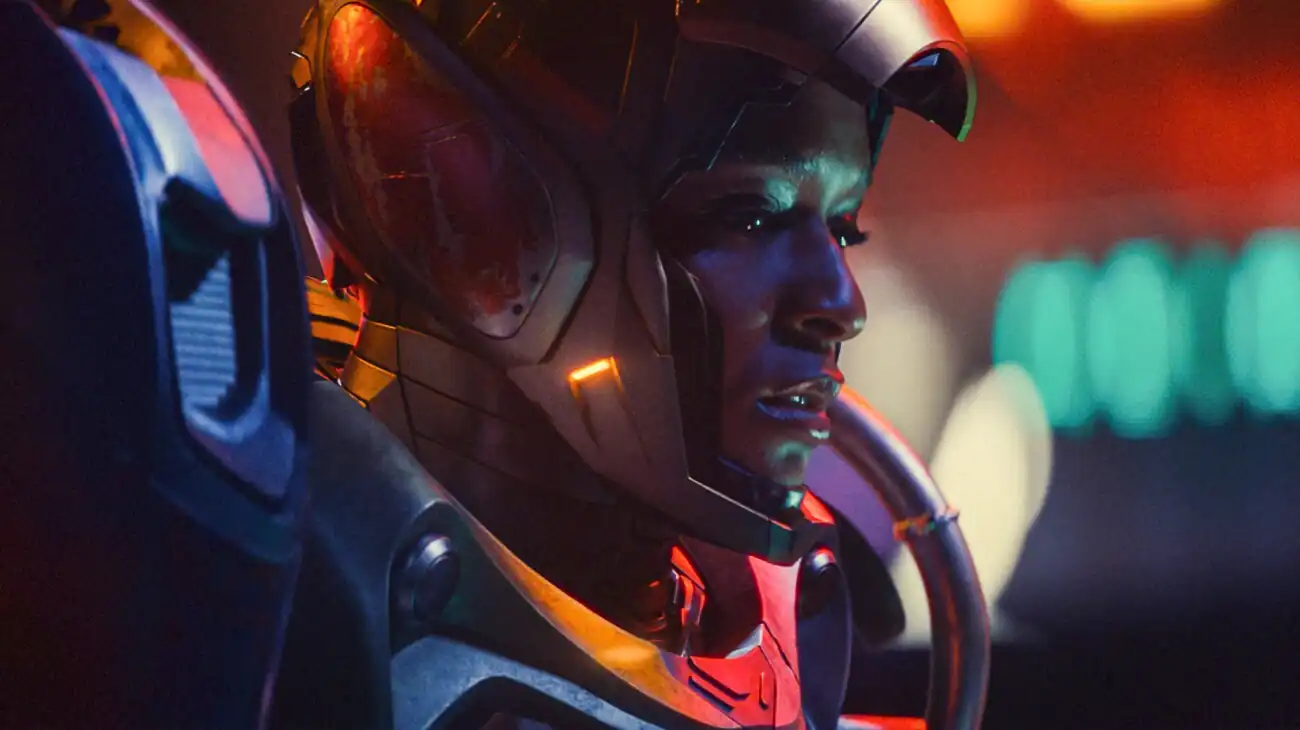
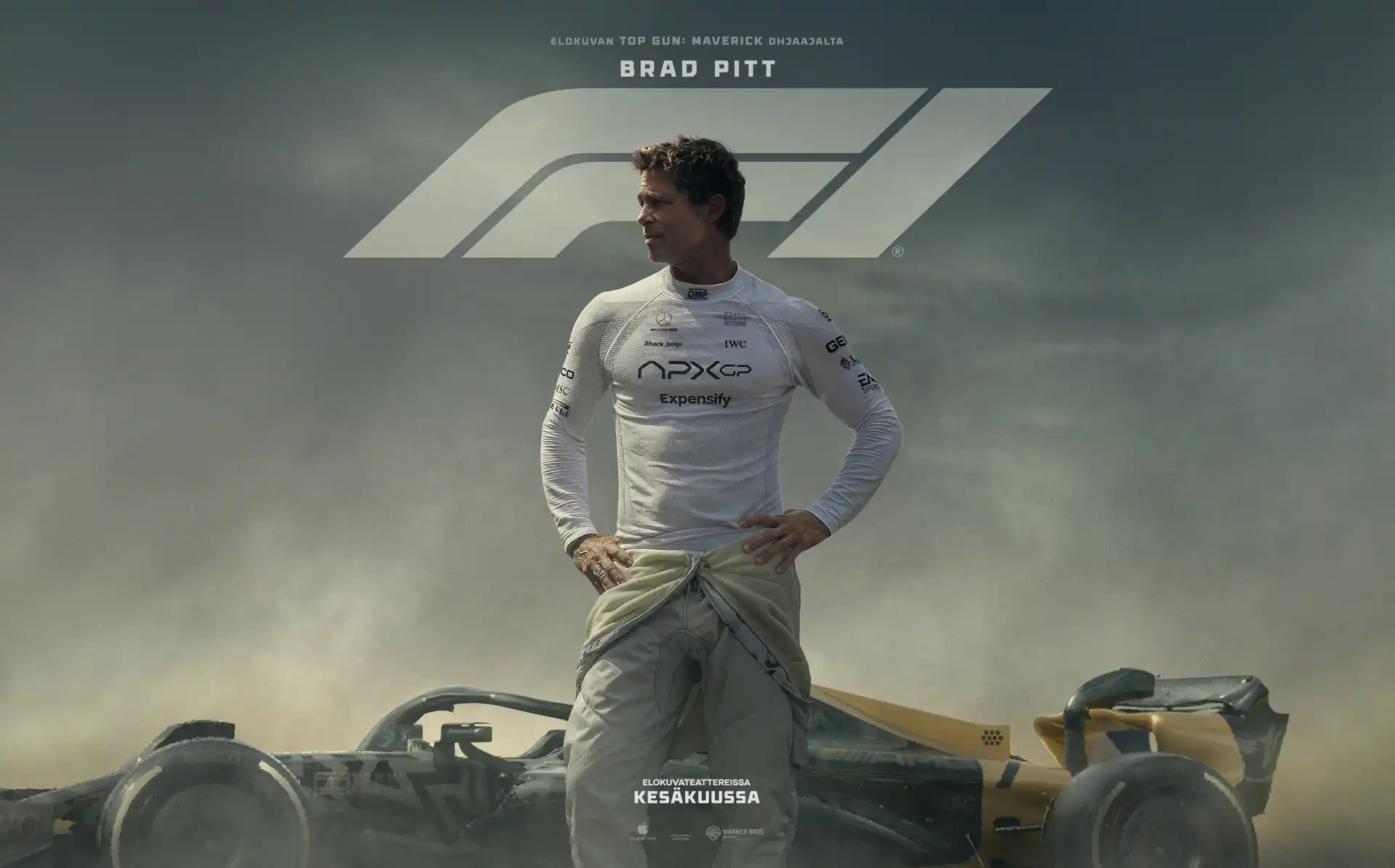
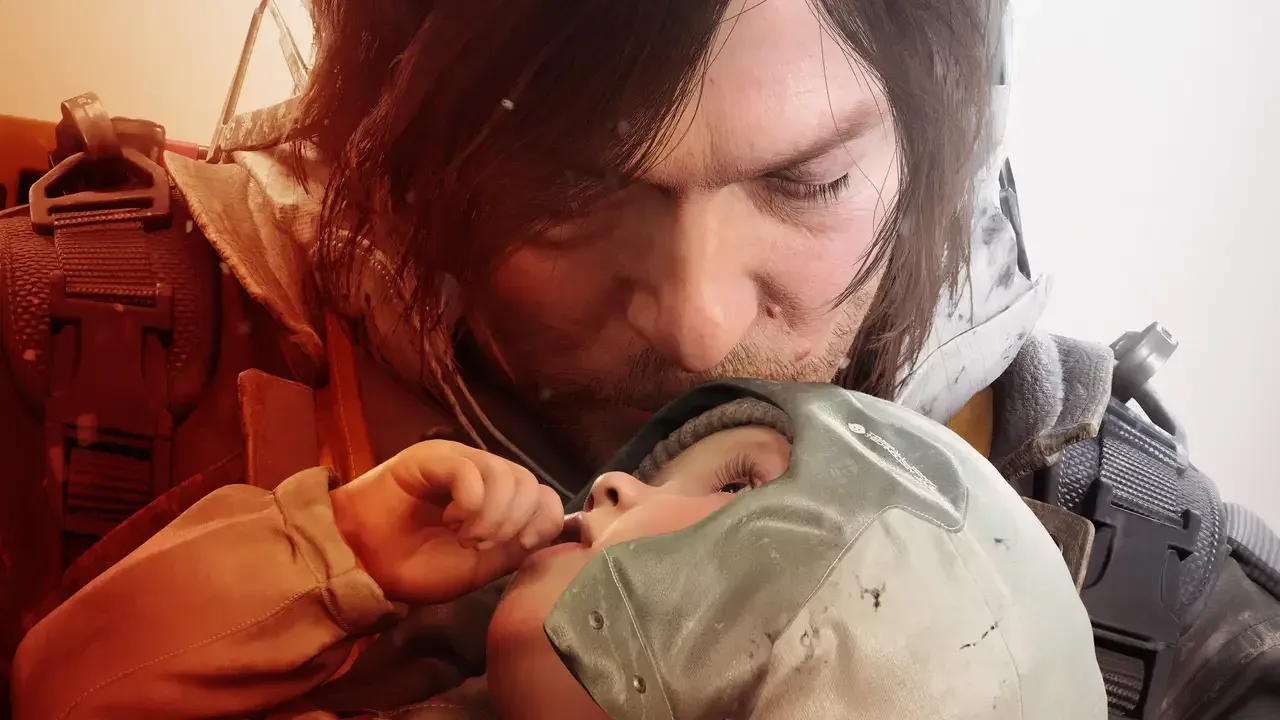
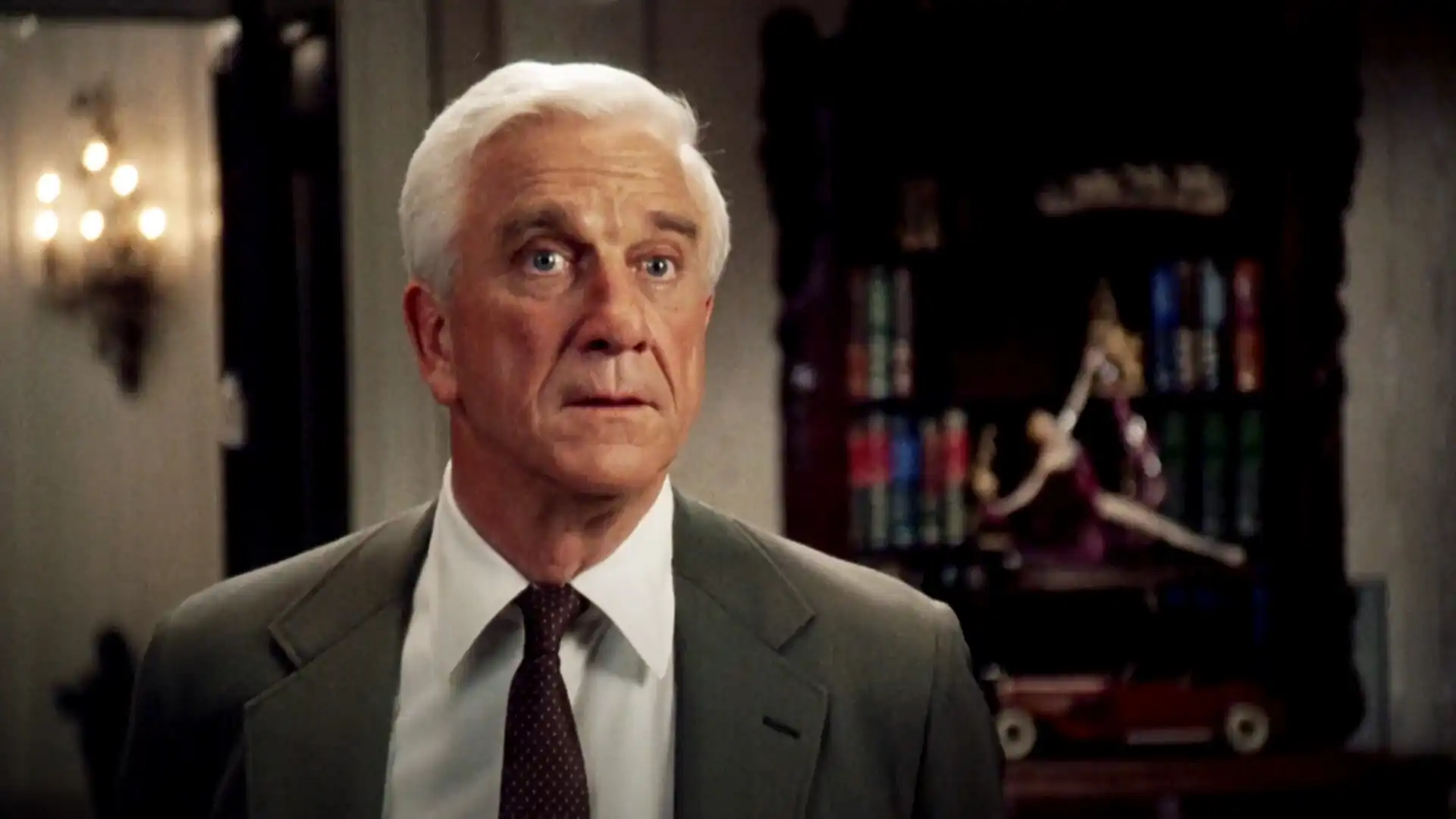
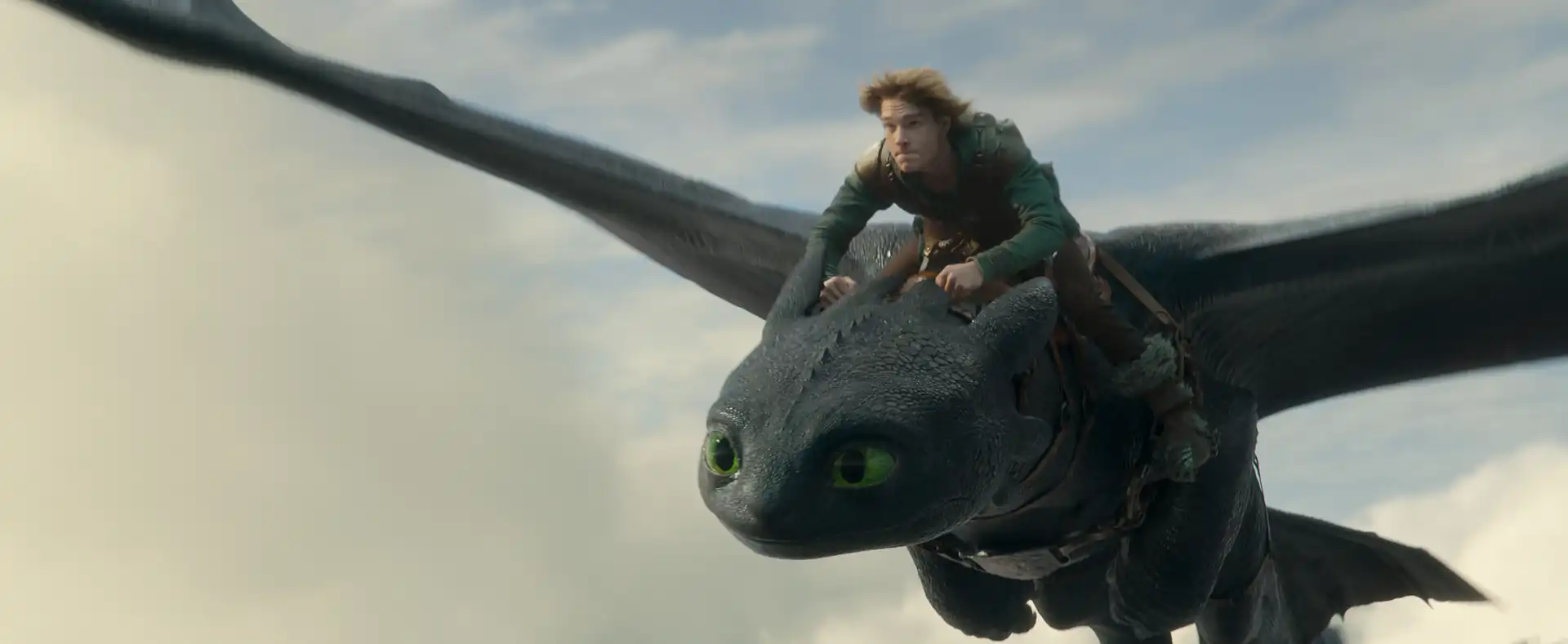

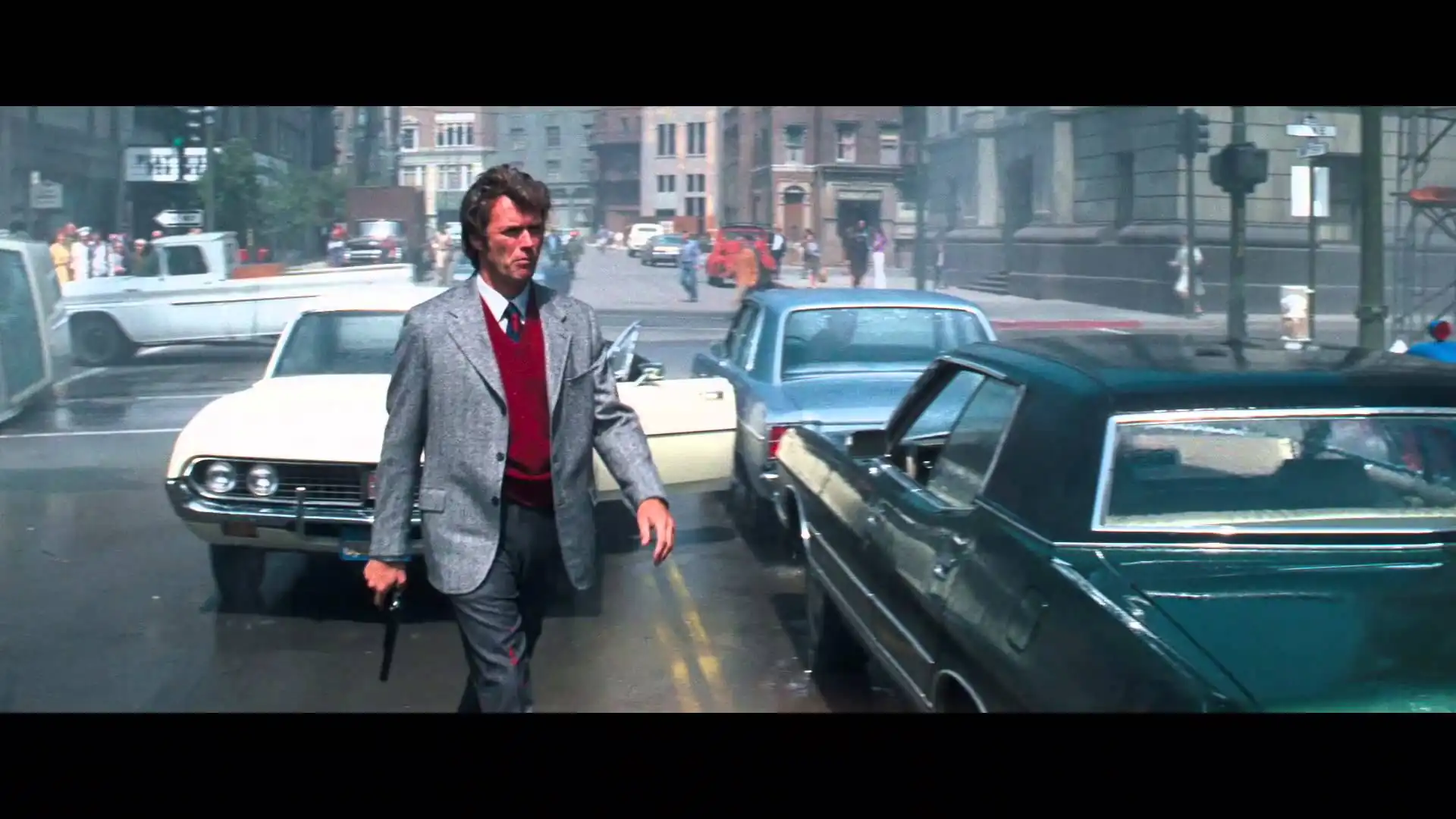

Discussion